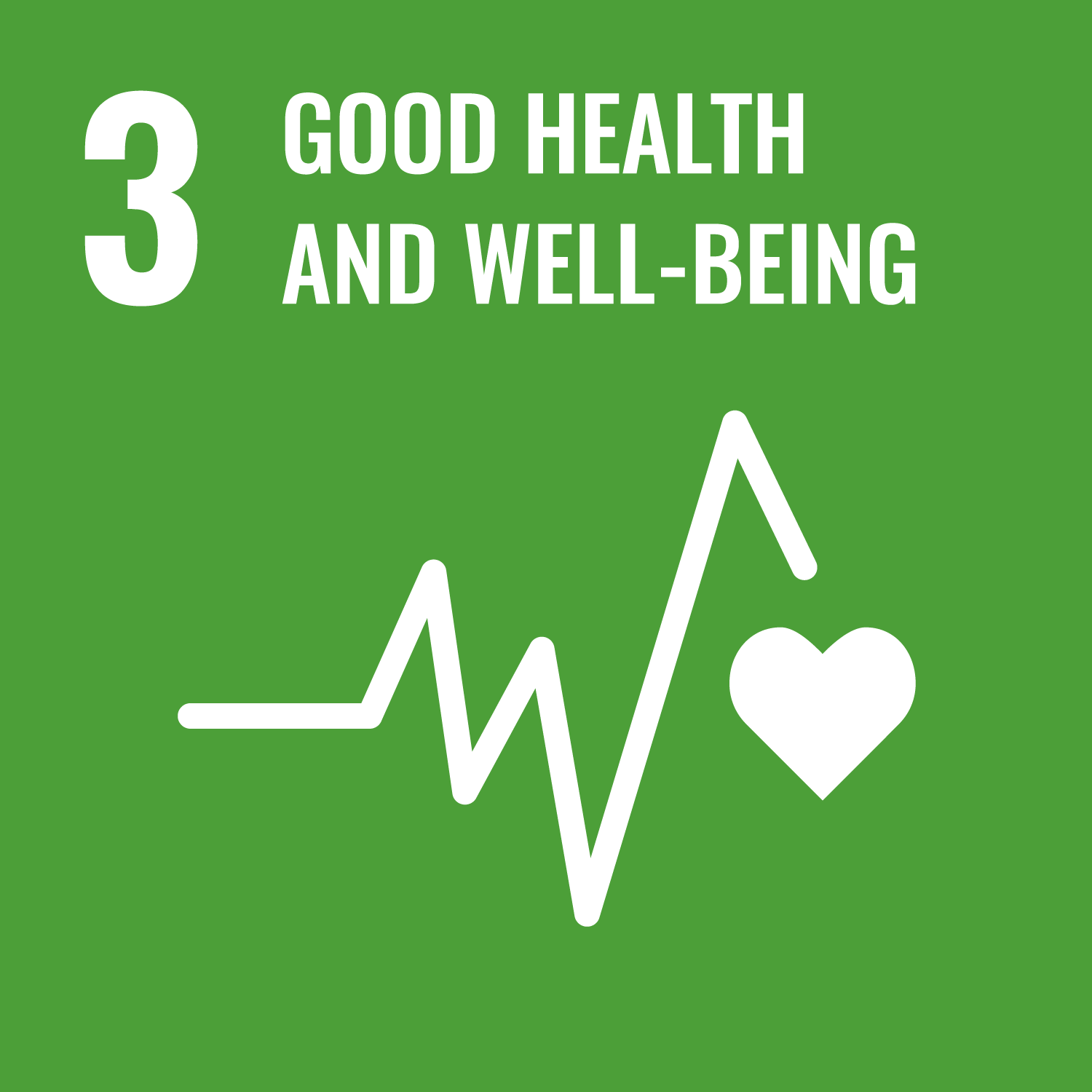Turning the Tide (North Somerset)
This project is also known as Turning the Tide
Aligned SDGs

- Turning the Tide (North Somerset)
- General overview
- Location
- Involved organisations
- Outcome metrics
- Other resources
- Spreadsheet of data
- Turning the Tide (North Somerset)
- General overview
- Location
- Involved organisations
- Outcome metrics
- Other resources
- Spreadsheet of data
General overview
Stage of development: Complete
Policy sector: Child and family welfare
Date outcomes contract signed: Feb 2017
Start date of service provision: May 2017
Anticipated completion date: May 2022
Max potential outcome payment: GBP 348.69k
Intervention
Turning the Tide does not replace any existing service but will work alongside and enhance the existing offer available to vulnerable families across North Somerset. The shared vision is to reunify and divert children and young people from the edge of care. Preventative interventions will help parents by enhancing their knowledge and skills and create positive family relationships. The intervention is based on the family preservation model, Core Assets Safer Stronger Families (SSF), which is a proven combination of evidence-based interventions (Triple P, Team Parenting, and Solution Focussed Brief Therapy) that can flexibly respond to a range of family circumstances. The North Somerset Turning the Tide Service uses a strength based intensive multi modal intervention, over a 12 or 18 week period which involves delivering practical support to the heart of the family in their own home. The support will equip children, young people and their families with the skills and coping mechanisms to reduce unwanted behaviour, increase positive family functioning, and build their resilience.
Target population
Children and young people aged 10 - 17 who are currently either Children Looked After (CLA) under section 20 or at risk of becoming CLA under section 20.
Location
Country
- United Kingdom
Service delivery locations
- North Somerset
Involved organisations
Outcome metrics
- Metric 1: The child is settled in the family home/reunited in the family home four weeks after completion of the initial intervention.
- Metric 2: The child remains settled in the family home six months following the intervention.
- Metric 3: The child remains settled in the family home 12 months following the intervention.
- Metric 4: Improved family functioning and child well-being as measured by use of appropriate Outcomes Star. Specifically, the family achieves at least a 0.5 increase in average score as measured by the Family plus Star at six months compared to score on entry to the programme.
- Metric 5: Improved family functioning and child well-being as measured by use of appropriate Outcomes Star. Specifically, the child achieves at least a 0.5 increase in average score as measured by the My Star at six months compared to score on entry to the programme.
Other resources
Spreadsheet of data
Important Notice and Disclaimer on INDIGO Data
INDIGO data are shared for research and policy analysis purposes. INDIGO data can be used to support a range of insights, for example, to understand the social outcomes that projects aim to improve, the network of organisations across projects, trends, scales, timelines and summary information. The collaborative system by which we collect, process, and share data is designed to advance data-sharing norms, harmonise data definitions and improve data use. These data are NOT shared for auditing, investment, or legal purposes. Please independently verify any data that you might use in decision making. We provide no guarantees or assurances as to the quality of these data. Data may be inaccurate, incomplete, inconsistent, and/or not current for various reasons: INDIGO is a collaborative and iterative initiative that mostly relies on projects all over the world volunteering to share their data. We have a system for processing information and try to attribute data to named sources, but we do not audit, cross-check, or verify all information provided to us. It takes time and resources to share data, which may not have been included in a project’s budget. Many of the projects are ongoing and timely updates may not be available. Different people may have different interpretations of data items and definitions. Even when data are high quality, interpretation or generalisation to different contexts may not be possible and/or requires additional information and/or expertise. Help us improve our data quality: email us at indigo@bsg.ox.ac.uk if you have data on new projects, changes or performance updates on current projects, clarifications or corrections on our data, and/or confidentiality or sensitivity notices. Please also give input via the INDIGO Data Definitions Improvement Tool and INDIGO Feedback Questionnaire.